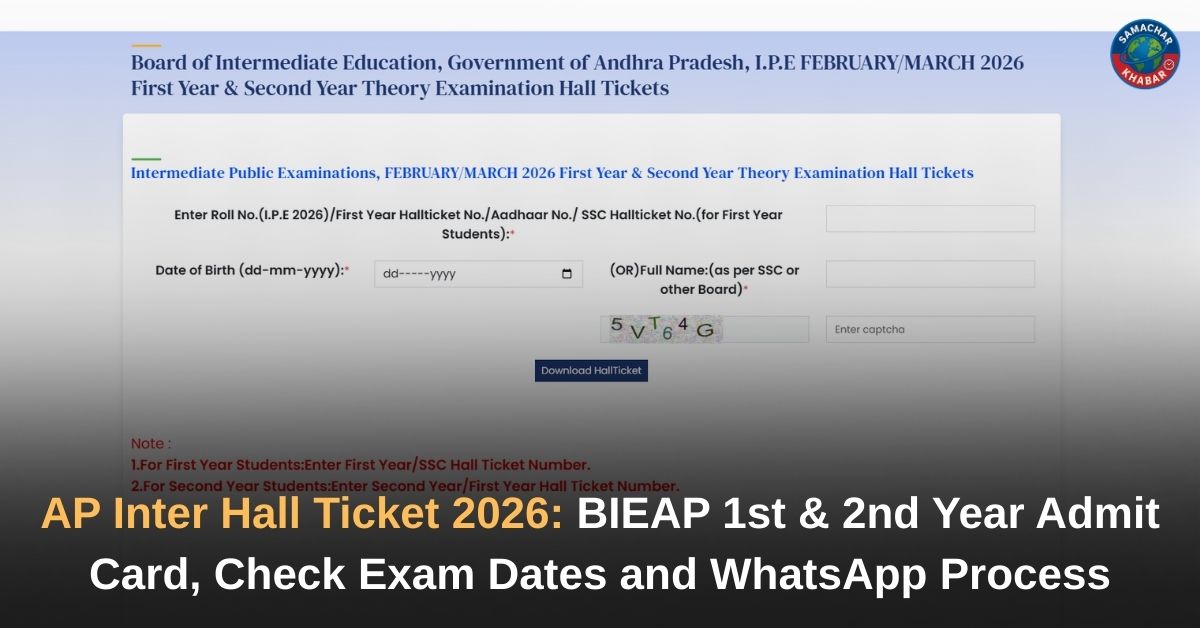Are you overwhelmed by your study load and wishing you could absorb information more efficiently? Do you dream of acing your exams without spending endless hours buried in textbooks? You’re not alone. Many students struggle to balance their academic responsibilities with other aspects of their lives. The good news is that you can learn how to study fast and retain more information in less time. This comprehensive guide will explore 12 highly effective study methods to help you achieve your academic goals with greater ease and efficiency.
Why Learning How to Study Fast is Essential
In today’s fast-paced world, time is a precious commodity. Whether you’re a high school student juggling extracurricular activities, a college student managing coursework and a social life, or an adult learner fitting education into a busy schedule, the ability to study fast is a game-changer. It allows you to:
- Reduce stress and anxiety: Knowing you can learn efficiently can alleviate the pressure associated with exams and deadlines.
- Improve work-life balance: Spend less time studying and more time on activities you enjoy.
- Boost your confidence: Mastering material quickly can lead to a greater sense of accomplishment.
- Maximize learning: Effective techniques can actually lead to better retention and understanding.
According to a study published in the Journal of Educational Psychology, students who use active learning strategies perform significantly better than those who rely solely on passive methods like rereading. This highlights the importance of adopting effective techniques to study fast and smart.
12 Powerful Methods to Study Fast and Efficiently
Ready to transform your study habits? Here are 12 proven methods to help you study fast and make the most of your study time:
1. Prioritize and Plan Your Study Sessions
Effective time management is crucial for studying fast.
- Create a study schedule: Allocate specific time slots for each subject. Be realistic and consider your peak performance times.
- Break down large tasks: Divide overwhelming topics into smaller, manageable chunks. This makes studying feel less daunting and helps you maintain focus.
- Prioritize topics: Identify the most important concepts and focus on them first. Use your syllabus or past papers to guide you.
2. Implement the Pomodoro Technique
This time management method can significantly boost your focus and productivity, allowing you to study fast in focused bursts.
- Work in focused intervals: Study for 25 minutes without distractions.
- Take short breaks: Follow each study interval with a 5-minute break to rest and recharge.
- Repeat the cycle: After four Pomodoro intervals, take a longer break (15-30 minutes).
3. Practice Active Recall
Instead of passively rereading notes, actively try to retrieve information from memory. This is a powerful way to study fast and strengthen your understanding.
- Use flashcards: Create flashcards with questions or keywords on one side and answers on the other. Test yourself regularly.
- Try free recall: After reading a section, close your book and try to write down everything you remember.
- Explain concepts in your own words: Teach the material to someone else (even an imaginary person). This forces you to process and understand the information deeply.
4. Utilize Spaced Repetition
This technique involves reviewing material at increasing intervals. Spaced repetition leverages the forgetting curve to optimize memory retention and helps you study fast by focusing your review efforts effectively.
- Review frequently at first: Review new material shortly after learning it.
- Gradually increase intervals: As you remember the information better, space out your review sessions.
- Use spaced repetition software (SRS): Apps like Anki can automate the scheduling of your reviews.
5. Embrace Mind Mapping
Mind maps are visual diagrams that can help you organize information, understand relationships between concepts, and study fast by providing a holistic overview of a topic.
- Start with a central idea: Write the main topic in the center of a page.
- Branch out with related concepts: Connect subtopics and keywords to the central idea using lines and branches.
- Use colors and images: Visual elements can enhance memory and understanding.
Also Read: How to Take a Screenshot on a Laptop: Your Ultimate Guide for All OS [2025]
6. Apply the Feynman Technique
This method, named after Nobel Prize-winning physicist Richard Feynman, focuses on deep understanding and can help you identify knowledge gaps quickly, allowing you to study fast on the areas that need the most attention.
- Choose a concept: Select a topic you want to understand.
- Explain it in simple terms: Write down an explanation as if you were teaching it to a child.
- Identify gaps in your knowledge: If you struggle to explain something simply, go back and learn more about it.
- Organize and refine: Review your explanation and simplify it further.
7. Leverage Visual Aids
Our brains process visual information much faster than text. Incorporating visual aids can help you study fast and improve retention.
- Create diagrams and charts: Visualize complex data or processes.
- Watch educational videos: Platforms like Khan Academy and YouTube offer a wealth of visual learning resources.
- Use infographics: Infographics present information in a visually appealing and easy-to-understand format. (Suggestion for an image/infographic: A visual comparing passive reading to active recall, showing how active recall leads to better retention. Another visual could be a mind map illustrating the different study techniques discussed in the blog post.)
8. Practice Regularly with Past Papers
Working through past exam papers is an invaluable way to study fast and effectively prepare for assessments.
- Understand the exam format: Familiarize yourself with the types of questions, time limits, and marking schemes.
- Identify key topics: Notice recurring themes and focus your study efforts accordingly.
- Practice time management: Simulate exam conditions to improve your speed and accuracy.
9. Optimize Your Study Environment
A conducive study environment can minimize distractions and help you focus better, enabling you to study fast and efficiently.
- Find a quiet space: Choose a location where you won’t be interrupted.
- Minimize distractions: Turn off notifications on your phone and computer.
- Ensure good lighting and ventilation: A comfortable environment promotes concentration.
10. Take Effective Notes
Taking concise and well-organized notes during lectures or while reading can significantly enhance your ability to study fast later.
- Focus on key information: Don’t try to write down everything verbatim.
- Use abbreviations and symbols: Develop a shorthand system to save time.
- Organize your notes logically: Use headings, bullet points, and diagrams.
- Review and summarize your notes regularly: This reinforces learning and helps you identify areas that need further attention.
11. Utilize Technology Wisely
Numerous apps and online tools can support your efforts to study fast and efficiently.
- Note-taking apps: Evernote, OneNote, and Notion allow you to organize and access your notes from any device.
- Flashcard apps: Anki and Quizlet offer digital flashcards with spaced repetition features.
- Focus apps: Forest and Freedom can help you block distractions and stay on task.
- Educational platforms: Coursera, edX, and Khan Academy offer courses and resources on various subjects.
12. Prioritize Sleep, Nutrition, and Exercise
Taking care of your physical and mental well-being is essential for effective learning and the ability to study fast.
- Get enough sleep: Aim for 7-9 hours of quality sleep per night to consolidate memories.
- Eat a healthy diet: Nourish your brain with nutritious foods.
- Exercise regularly: Physical activity improves blood flow to the brain and enhances cognitive function.
Conclusion: Master the Art of Studying Fast
Learning how to study fast is not about cramming or superficial learning; it’s about adopting effective strategies that maximize your learning potential in less time. By implementing these 12 powerful methods, you can transform your study habits, reduce stress, and achieve your academic goals more efficiently. Start experimenting with these techniques and find what works best for you. Embrace a proactive and strategic approach to learning, and you’ll be amazed at how much you can achieve.
Ready to supercharge your study sessions? Try incorporating the Pomodoro Technique and active recall into your routine today!














